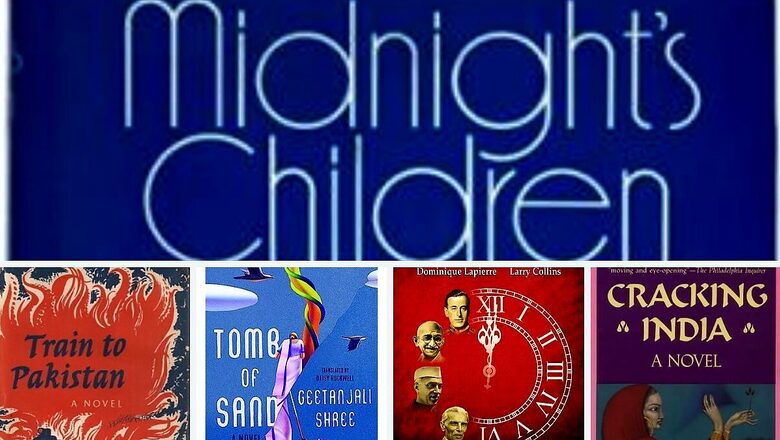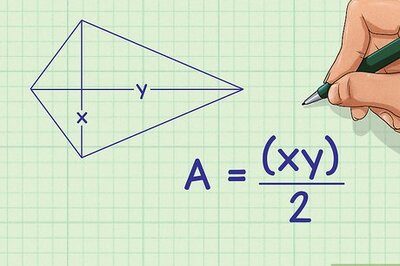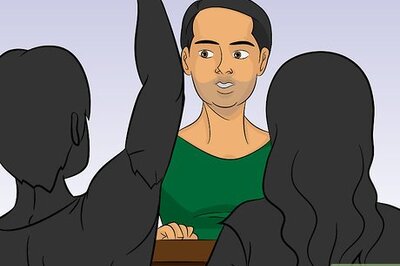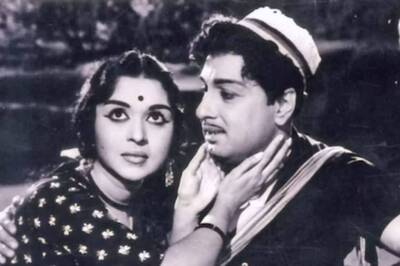
views
August 14, a day before India’s Independence Day, is observed as the ‘Partition Horrors Remembrance Day’. Prime Minister Narendra Modi had in 2021 dedicated the day to those who lost their lives and were uprooted from their origins.
In August 1947, when independence was granted to the former imperial domain of British India, it was partitioned into two countries – Hindu-majority India and Muslim-majority Pakistan.
The Partition came with its pain. Families were removed from the ancestral land, with people leaving their irreplaceable belongings behind and going to the opposite side. Millions were displaced and refugee camps were packed to capacity. Women were raped, kidnapped, sold, and forced to start over with strangers under mysterious circumstances. In addition to acts of violence, many people died from diseases brought on by unsanitary surroundings.
Here are five must-read books on the Partition:
- Midnight’s Children by Salman RushdiePublished in 1981 by Indian-British writer Salman Rushdie, the postcolonial, postmodern and magical realist story is of two boys born at midnight on August 15, 1947 — Saleem Sinai, raised in a Muslim household, is the illegitimate son of a Hindu woman and a departing British colonist; and Shiva, the son of a Muslim couple, is raised by a poor Hindu street performer. Midnight’s Children won the Booker McConnell Prize for fiction in 1981, and was picked as the best Booker Prize novel in 25 years in 1993.
- Train to Pakistan by Khushwant SinghPublished in 1956, Train to Pakistan recounts the Partition of India through the perspective of Mano Majra, a fictional border village, dominated by Muslim and Sikh population. It shows their lives before and after the Partition.
- Tomb of Sand: Originally Ret Samadhi by Geetanjali Shree, and translated into English by US translator Daisy Rockwell Published in Hindi in 2018, the book looks at the journey of 80-year-old Ma, who is depressed after the death of her husband. She decides to travel to Pakistan to resolve the trauma from her teenage years, when she survived the Partition riots. In 2022, the book became the first novel translated from an Indian language to win the International Booker Prize.
- Freedom at Midnight by Larry Collins and Dominique LapierrePublished in 1975, the book looks at the events around the Indian independence movement and Partition. It recounts the last year of the British Raj, from 1947 to 1948, from the appointment of Lord Mountbatten as the last viceroy of British India, and ending with the death and funeral of Mahatma Gandhi.
- Cracking India by Bapsi SidhwaOriginally published as Ice Candy Man in England (1988) and in India in 1992, it revolves around Lenny, a Parsi girl, who recounts her childhood memories, from 1943 to 1948, after she is struck by polio in her infancy. She spends most of her time with her ayah Shanta, an 18-year-old Hindu girl from Amritsar. Deepa Mehta’s 1998 film ‘Earth 1947’ is based on the book.




















Comments
0 comment